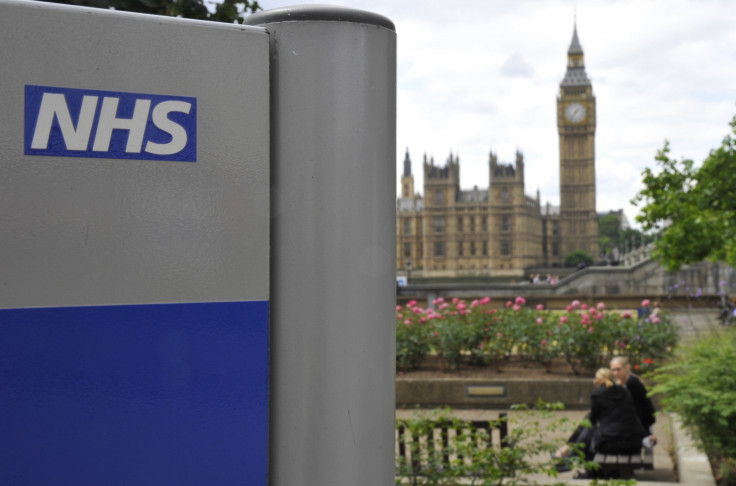Stop wasting cancer drugs on the terminally ill, says former health minister Lord Darzi

Former health minister Lord Darzi has criticised the NHS for wasting money unnecessarily on treating the terminally ill and patients with early stage cancers "unlikely to cause harm".
In an op-ed published in the Times today (12 January), Lord Darzi stressed that the challenge to beat cancer has become a financial one, and that the NHS will only be able to pay for new drugs and therapies if it is able to make savings in other areas.
"Cancer drug prices have risen at four times the rate of inflation, an increase that is hard to justify. There is evidence of doctors ordering unnecessary tests, over-treatment and needless use of expensive technology," he wrote.
"Thousands of early stage breast cancers unlikely to cause harm have been diagnosed and treated unnecessarily in women — and the same is true of prostate cancer in men. Aggressive treatment near the end of life is still common despite being of questionable value."
The statistics mentioned by Lord Darzi, who is a professor of surgery at Imperial College London, have been compiled by a group of experts and will be presented at the World Innovation Summit for Heath (Wish) in Doha next month.
In particular, Lord Darzi pointed out that other countries have the same five-year survival rates for colorectal cancer, but spend widely varying amounts.
Spain spends €5,000 (£3,900) per case, the UK spends €10,000 and Germany spends €30,000.
"The only way to help patients to get the treatment they need is to ensure that every pound is used to the best effect," he said.
"The UK spends more than twice as much as Spain on colorectal cancer, yet 61% of patients in Spain survive five years compared with less than 54% in the UK. Why are we getting less bang for our bucks? We need to know."
Lord Darzi's comments come in conjunction with recently announced cuts to David Cameron's Cancer Drugs Fund.
The fund was set up in 2011 by the Conservatives, who pledged that cancer patients would not be denied drugs on grounds of cost.
The Cancer Drugs Fund was given a budget of £200m ($302.5m) and the power to purchase cancer drugs as it saw fit, but now at least half of the 42 current drugs might be cut as they are not considered to be cost effective.
The National Institute for Health and Care Excellence (Nice) is making the decision, and the drugs rumoured to be cut could include eight breast cancer drugs as well as at least one prostate cancer drug.
The NHS is evaluating 12 new therapies and is keen to purchase new cancer drugs that are able to add months to patients' lives, but each drug can cost as much as £90,000 a course.
© Copyright IBTimes 2024. All rights reserved.






